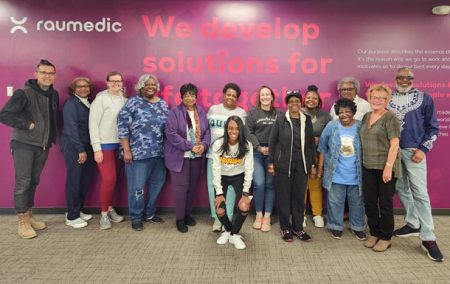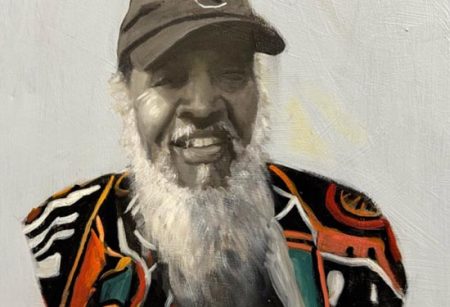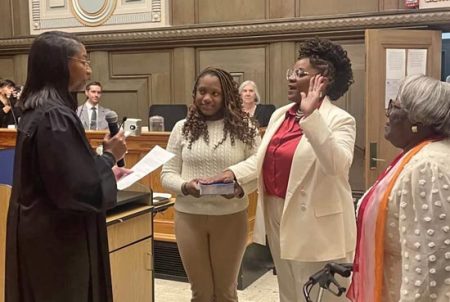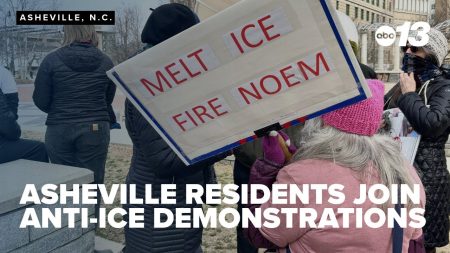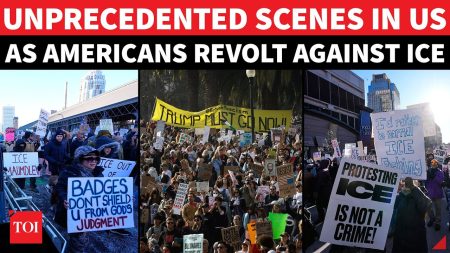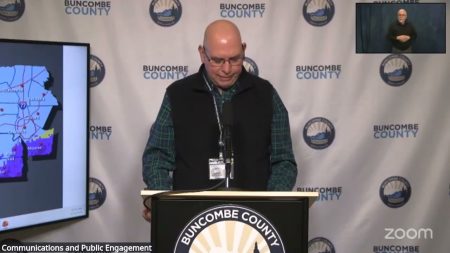Why Celebrate Juneteenth?

In the fall of 1862, President Abraham Lincoln wrote the first draft of what would become the Emancipation Proclamation.
After intensive disagreement among his cabinet members, he signed the finalized document later that year, and it became official on January 1, 1863.
The Civil War was still raging, with many of the worst battles yet to come, but finally Gen. Ulysses S. Grant accepted Robert E. Lee’s sword in surrender in April of 1865. Two months later, on June 19, Union soldiers led by Major General Gordon Granger landed at Galveston, Texas, at last bringing with them the news that the war was over, the Union had prevailed, and those who had been enslaved were now free.
For much of the century and a half since—at first just in Texas, but soon spreading to other states of the black diaspora—Juneteenth has been observed by African Americans as their de facto day of liberation, recalling and celebrating that day of jubilation for former slaves, their descendants, and others. Juneteenth in the southern states was often observed over the objections of former masters, now “employers” under Jim Crow laws, but for decades in the 19th century, thousands returned to Galveston every June 19 to celebrate together.
According to the Juneteenth.com website, “A range of activities were provided to entertain the masses, many of which continue in tradition today. Rodeos, fishing, barbecuing and baseball are just a few of the typical Juneteenth activities … Juneteenth almost always focused on education and self-improvement. Thus, often guest speakers are brought in and the elders are called upon to recount the events of the past. Prayer services were also a major part of these celebrations.
“Dress was also an important element in early Juneteenth customs and is often still taken seriously, particularly by the direct descendants who can make the connection to this tradition’s roots. During slavery there were laws on the books in many areas that prohibited or limited the dressing of the enslaved. During the initial days of the emancipation celebrations, there are accounts of former slaves tossing their ragged garments into the creeks and rivers to adorn clothing taken from the plantations belonging to their former ‘masters’.”
Today more and more communities and even some states recognize Juneteenth as an important occasion for celebrating African American achievement. Texas made Juneteenth a state holiday on Jan. 1, 1980, and organizations like Juneteenth.com encourage observance and recognition of the meaning and history of the holiday.
The year 2015 will be the sesquicentennial of the original Juneteenth declaration by General Granger; it will be interesting to see how Asheville, and all of North Carolina, might choose to celebrate the day a year from now.
The Emancipation Proclamation
“… I do order and declare that all persons held as slaves within said designated States, and parts of States, are, and henceforward shall be free; and that the Executive government of the United States, including the military and naval authorities thereof, will recognize and maintain the freedom of said persons.
“And I hereby enjoin upon the people so declared to be free to abstain from all violence, unless in necessary self-defence; and I recommend to them that, in all cases when allowed, they labor faithfully for reasonable wages.
“And I further declare and make known, that such persons of suitable condition, will be received into the armed service of the United States to garrison forts, positions, stations, and other places, and to man vessels of all sorts in said service. And upon this act, sincerely believed to be an act of justice, warranted by the Constitution, upon military necessity, I invoke the considerate judgment of mankind, and the gracious favor of Almighty God.”
Abraham Lincoln
Washington, DC, January 1, 1865

